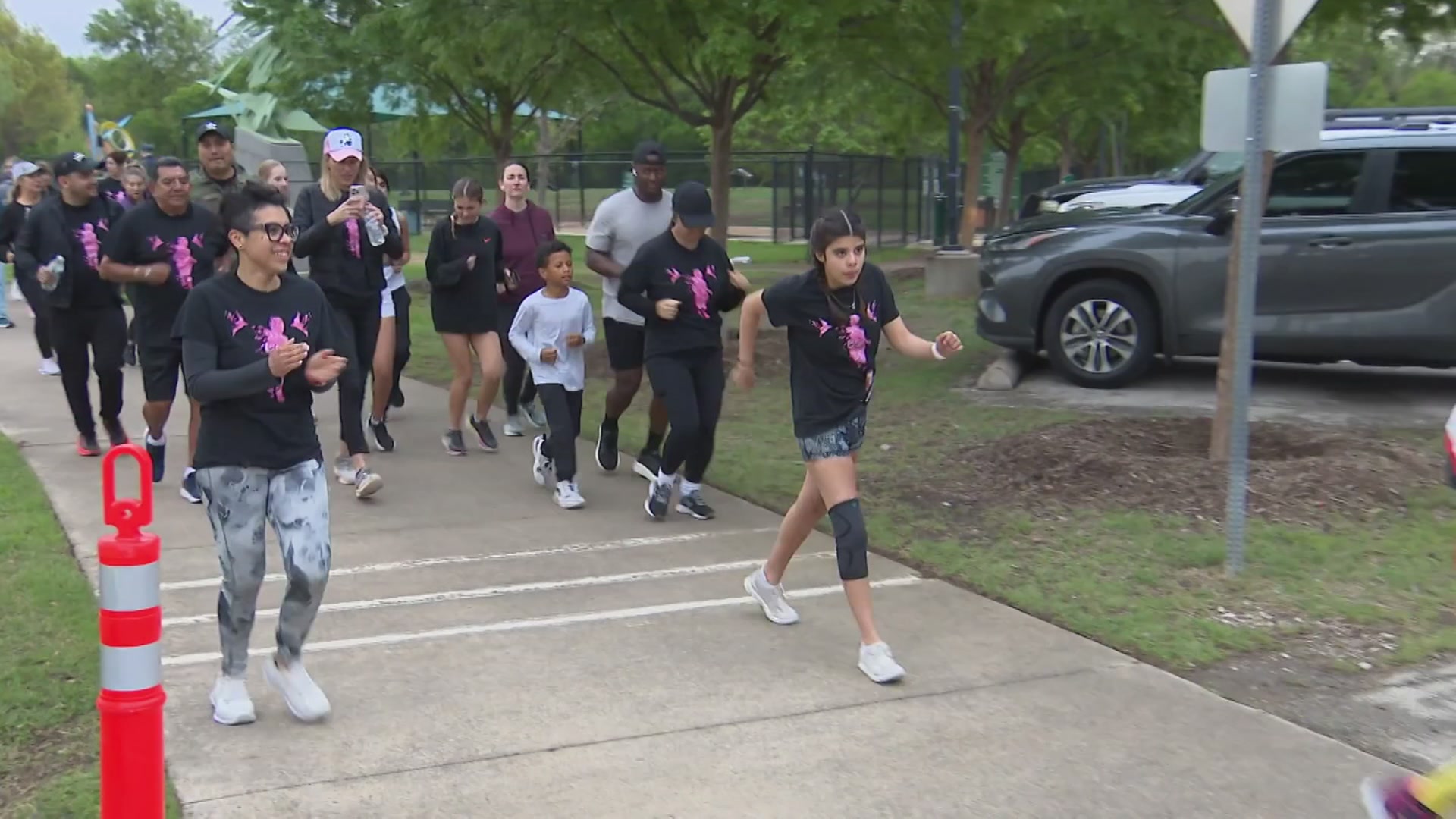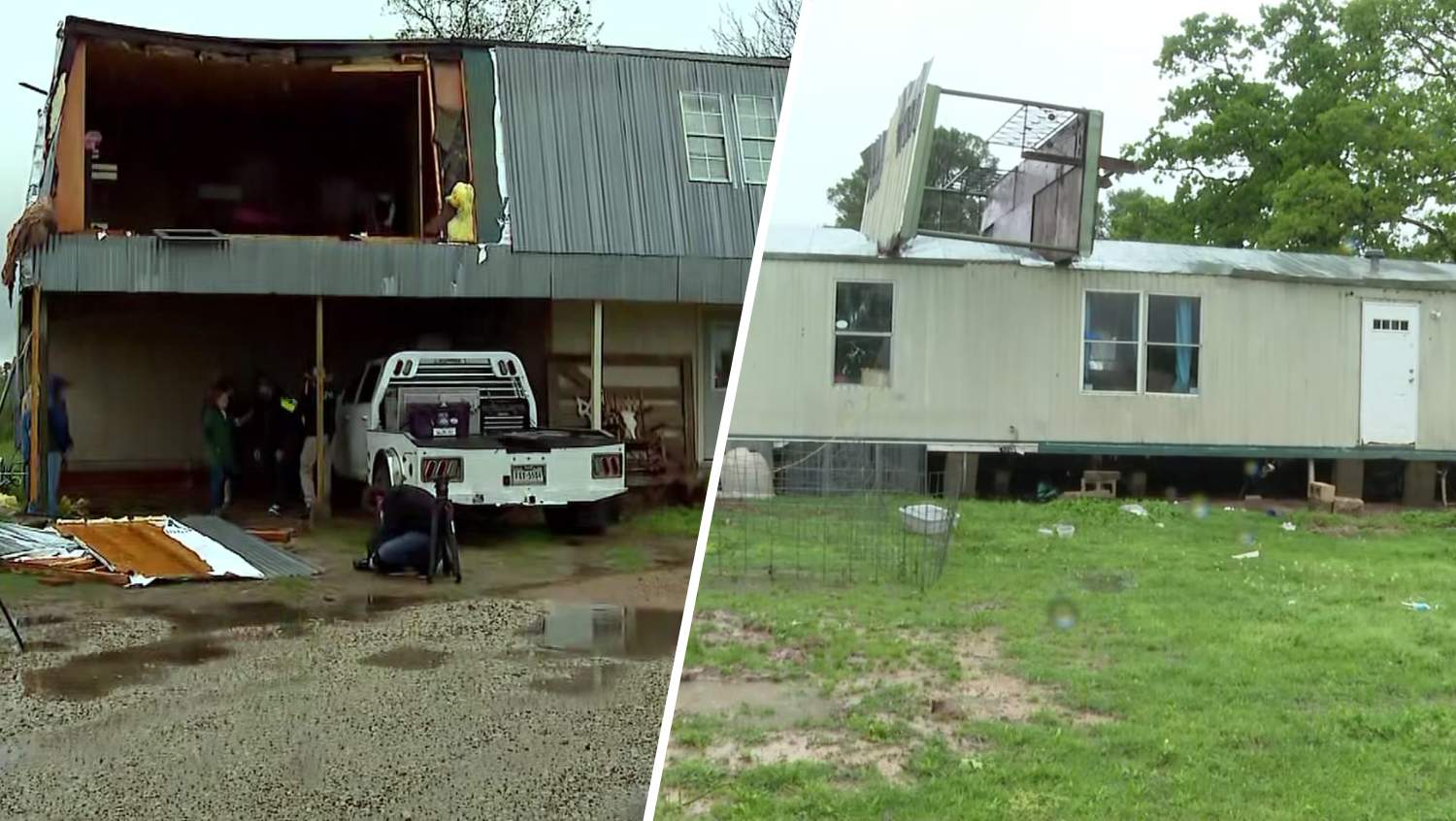A North Texas fire department is making a big push for early cancer detection after losing one of their own to the disease, and they’re not stopping there. Bedford firefighters want to spread awareness about how much more susceptible firefighters can be to getting cancer.
A North Texas fire department is making a big push for early cancer detection after losing one of their own to the disease, and they're not stopping there. Bedford firefighters want to spread awareness about how much more susceptible firefighters can be to getting cancer.
When firefighters head out on a call, you would think the flames are the biggest danger they face. But mounting evidence shows that what they're exposed to, and what they're breathing in, can do the real long-term damage.
"If you took one person that everybody looked up to, that was that guy," said Chris Conner, a firefighter, paramedic and president of the Bedford Professional Firefighters’ Association.
He’s speaking about Lieutenant Keith Long, who was everything a firefighter should be.
"You never imagined a man, especially like that, being knocked down from anything," Conner said.
And for four years, he wasn't.
Long still answered calls, with a chemo port tucked under his gear. But in December, he passed away from colon cancer.
Local
The latest news from around North Texas.
"It's hard to talk about," Conner said.
It was a blow to Long’s firefighter family, a profession losing too many to the disease.
"You get to the point where you're just tired, you're tired of losing people that you care about to cancer," said Bedford Fire Chief Sean Fay.
So friends started looking for a way to detect cancer sooner and that led to a blood test called ONCOblot.
"It can actually detect up to a pinpoint size," Conner said and that gives a much stronger chance of beating it early.
Because despite all their protections, emerging data shows cancer-causing particles can creep in through the air and through contact at every fire scene.
"We're seeing firemen die younger; we're seeing more firemen with cancer diagnoses, compared to the general public," Conner said.
Now, with the city's approval, every Bedford firefighter who wants to, will start getting the blood test.
"We are charged with saving lives and the thing that Chris and I share a passion on is we are gonna start saving our lives, as well," said Fay.
Supporters hope to make this a national standard, in honor of the hero they couldn't save.
"If we can change the life of one other fireman, then we're doing justice for Keith," Conner said.
The ONCOblot blood test is still in the process of getting FDA approval.
Meanwhile, the Bedford Firefighters' Association is fighting to prove Long's death was caused by his job.
Conner says a judge ruled it was a line-of-duty injury, but Long died while the insurance company was contesting that ruling.
A national firefighter cancer registry could soon become a reality. On Thursday two congressmen introduced legislation to establish one.
It would allow researchers to study the relationship between exposure to fumes and toxins and the risk for major cancers.



